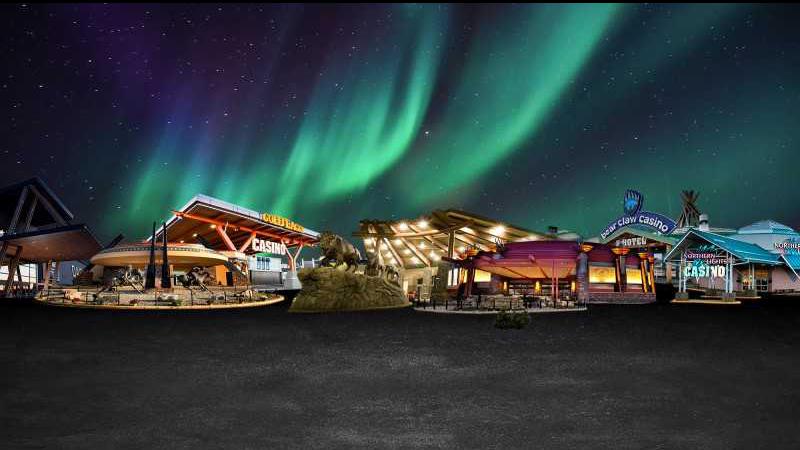
Cumberland House Cree Nation sues province over Saskatchewan River delta
The Cumberland House Cree Nation has sued the province of Saskatchewan over the condition of the delta of the Saskatchewan River, which it said is in “a state of ecological crisis because of upstream activities approved and supported by the province.”
The Nation wants a court ruling to stop the province from approving any more projects that might harm the delta and create ways to manage the impacts now.
“For far too long the Province of Saskatchewan has disregarded the delta and our rights”, said Cumberland House Cree Nation Chief Rene Chaboyer. “We are pursuing this litigation against the Province of Saskatchewan to compel the responsible management of upstream activities. The delta and our rights are too important to be ignored.”
The lawsuit alleges the province has violated Treaty 5, which is mainly in Manitoba but covers a portion of northeastern Saskatchewan, right where the delta is located.



